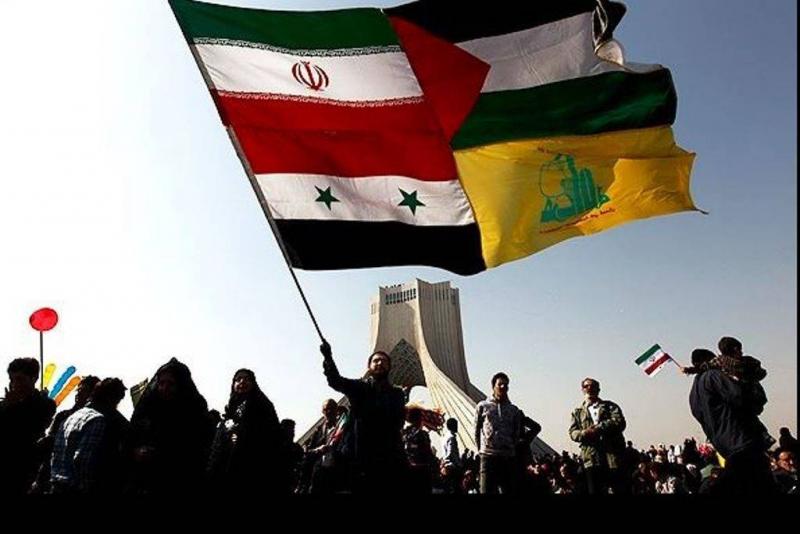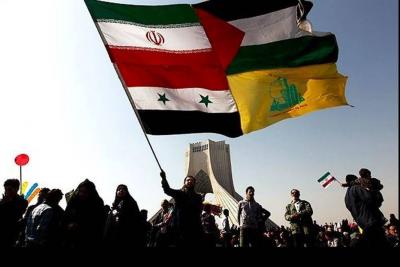Since the assassination of Hamas leader Ismail Haniya in Tehran at the end of last month, fractures and disputes seem to have infiltrated the "Iranian axis." While Iran vowed to respond and take revenge on Israel for this "flagrant violation of its territory," as some officials previously expressed, it has nevertheless taken its time behind the scenes to carefully study this response so that it does not inflict severe damage on itself. However, this caution has led to some cracks in the network of groups it has built and militarily supported over the years, whether in Iraq, Yemen, or even Lebanon, where Hezbollah has been facing Israeli forces nearly daily since the outbreak of the Israeli war on the Gaza Strip on October 7.
As Tehran considers how to strike Israel sufficiently to reinforce its deterrent power without encouraging a massive retaliatory act, the diverse interests of various allied groups could complicate matters, according to a report by the Wall Street Journal on Tuesday. It seems that the Iraqi groups, along with the Houthis, are eager to carry out more military operations and attacks, while Tehran is hesitant to rein them in.
Moreover, Syrian President Bashar al-Assad has informed Iran that he does not want to be dragged into war, according to a European and a Syrian security official. This hesitation is particularly significant as Damascus grapples with an economic crisis stemming from years of sanctions that have led to protests and discontent among large segments of its population.
However, groups in Iraq and the Houthis appear eager to adopt a more aggressive approach, not only towards Israel but also towards U.S. forces stationed in the region and other Western interests, which is troubling for Tehran. The Houthis wish to conduct widespread attacks on U.S. warships and Israeli ports, not only in retaliation for Haniya's killing but also in response to the Israeli strike on the port of Hodeidah last month, according to Houthi and European officials.
The same goes for Iraqi groups aiming to attack U.S. bases in Iraq and Syria in an effort to expel them from the region. Hezbollah has also confirmed that a response to the assassination of the high-ranking Israeli leader Fouad Shukr, which occurred at the end of last month, is inevitable.
In light of this "recklessness and eagerness," Iranian leadership, as well as Hezbollah, seem to be more cautious, especially as the country is facing a difficult economic situation. Many observers believe that Tehran has always relied on its proxies in the region to implement its various agendas, and the situation may not differ much at present.




